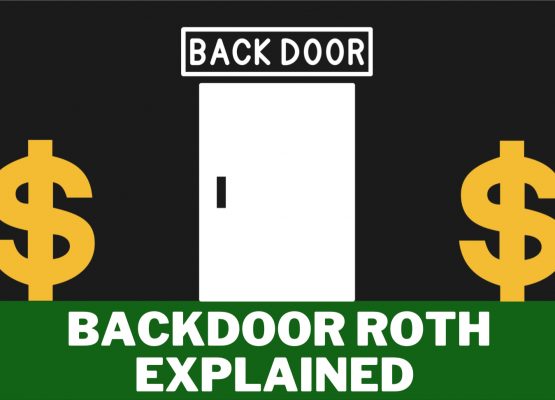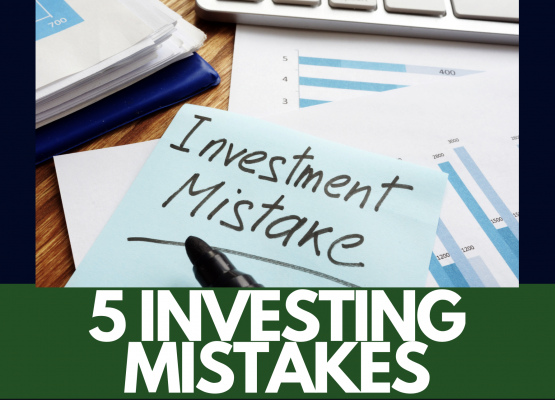Are you overwhelmed by personal debt? Fear not! There are strategies to effectively manage and eliminate this burden. This article will provide five detailed tips to help you extinguish your debts swiftly. Let’s get started!
1. Establish a Realistic Budget
The first step toward debt elimination is establishing a realistic and practical budget. Understanding your income and expenses is essential for managing your financial health. Here are some ways to do it effectively:
- Income Analysis: Identify all your income sources, including your salary, bonuses, investments, or any side gig earnings.
- Expense Tracking: Categorize your spending into fixed (like rent or mortgage payments) and variable expenses (like dining out or entertainment). This will give you a clear view of where your money is going.
- Budget Creation: Based on your income and expense analysis, create a budget that covers all your necessities, reduces unnecessary spending, and allocates money for debt repayment.
Remember, your budget isn’t set in stone. It should evolve with your changing financial situation. The goal here is to avoid further debt accumulation while starting to pay off existing ones.
2. Employ the Debt Avalanche or Debt Snowball Method
These are two popular strategies to pay off debt:
- Debt Avalanche: This involves paying off debts with the highest interest rates first. This method saves you the most money over time because it reduces the total interest you’ll pay.
- Debt Snowball: In this method, you start with the smallest debts, regardless of the interest rate. The psychological win of eliminating a debt can give you momentum to tackle larger debts.
Both methods require making minimum payments on all your debts, then putting any extra money towards the debt at the top of your list (either the highest interest rate or the smallest balance). Choose the method that best fits your financial situation and mindset.
3. Consider Debt Consolidation
Debt consolidation can simplify your debt repayment and potentially reduce your interest costs. It involves combining your multiple debts, especially high-interest ones, into a single, more manageable loan with a lower interest rate.
However, this strategy requires discipline. It’s essential not to accumulate more debt after consolidation, as it defeats the purpose of the exercise. Also, understand the terms of your consolidated loan to avoid any hidden fees or charges.
4. Increase Your Income
Increasing your income can accelerate debt repayment. Here are a few ways to generate extra income:
- Side Gigs: Freelance work, tutoring, or selling handmade goods can provide additional income. There are numerous gig economy platforms like Uber, Etsy, or Upwork where you can offer your skills or products.
- Sell Unwanted Items: Sell items that you no longer use on platforms like eBay or Facebook Marketplace. It’s a quick way to earn some extra cash.
- Investments: If you have some savings, consider low-risk investments. However, remember that investments carry risk and require understanding the market dynamics.
Always use the extra income earned towards paying off your debt.
5. Seek Professional Help
If you’re struggling to manage your debt, it may be beneficial to seek professional help:
- Credit Counseling: Nonprofit credit counseling organizations can offer advice on managing your money and debts, help you develop a budget, and offer free educational materials and workshops.
- Debt Management Plan (DMP): Credit counseling agencies also provide these plans. They negotiate with your creditors to reduce your interest rates and waive or reduce any penalties.
- Debt Settlement Companies: These companies negotiate with creditors to let you pay a “settlement” to resolve your debt. This settlement is often a lump-sum amount that’s less than the full amount




